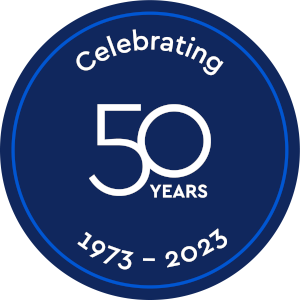Specification vs certification
Specification means we’ll work to a client’s spec, which can be tailored accordingly, simplified or spec’d up. A specification working to a RICS Code of Measuring Practice (6th Edition) spec, for example, means that we will follow a certain specification for carrying out different types of surveys. Certification means we are audited on our ability to adhere to a specific way of working. It means we work to certain standards and clients can be assured that we will do what we say we will do, if it sits within the standard of the certification. To be certified and to work to specifications means we are doubly sure, belt and braces so to speak, and clients can be assured that we will provide the best service possible.
There are no industry certifications for surveying, apart from PAS128 (PUMA). This was created by The Survey Association (TSA) as a certification scheme for utility surveying companies that are TSA members. Known by its full title, PUMA PAS128 Utility Mapping Accreditation, this certification scheme is the culmination of 10 years of development work by TSA. PUMA is run by Lloyd’s Register Quality Assurance (LRQA), which is the world’s leading provider of independent assessment services. PUMA sets a benchmark and creates a national standard for best practice for underground surveys.
Levels of excellence
We feel that there should be certification schemes for all areas of surveying, that are audited and independently assessed – in the same way as PAS128 is assessed by LAQR. In Australia, for example, surveyors need to be licenced. Powers are working towards PAS128 certification now since its launch – and our minimum will still be a very high spec. In fact, if the client hasn’t indicated which route to follow, we have our own set of specifications that we work to. The profession should be certified across all disciplines, but until such times that it is, surveyors need to work to good and up-to-date specifications to the best of their abilities.
On many occasions, our clients provide a scope of work, but no specification. Where this is the case, we can help clients develop their spec to suit their individual needs and the parameters of the project. RICS has its own set of specifications, but these are sometimes viewed as overly complicated in a practical situation. First and foremost, a certification shouldn’t be too hard or onerous. But it should remove the risk of clients or surveyors making assumptions and to ensure they are working within certain pre-agreed parameters.
The key to all this is that surveyors deliver services that are professional and efficient, that work for the client and reach a high level of geospatial excellence. If you would like to discuss how we can work with you on your next project, then contact us today for more information.








